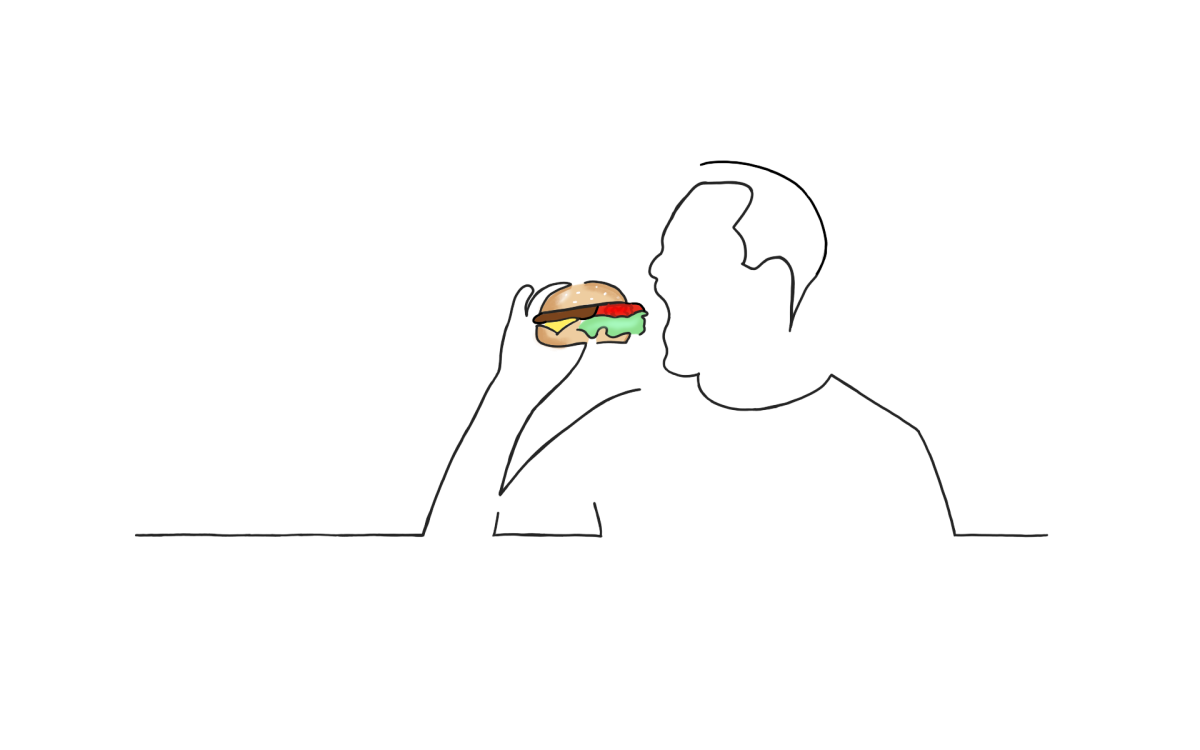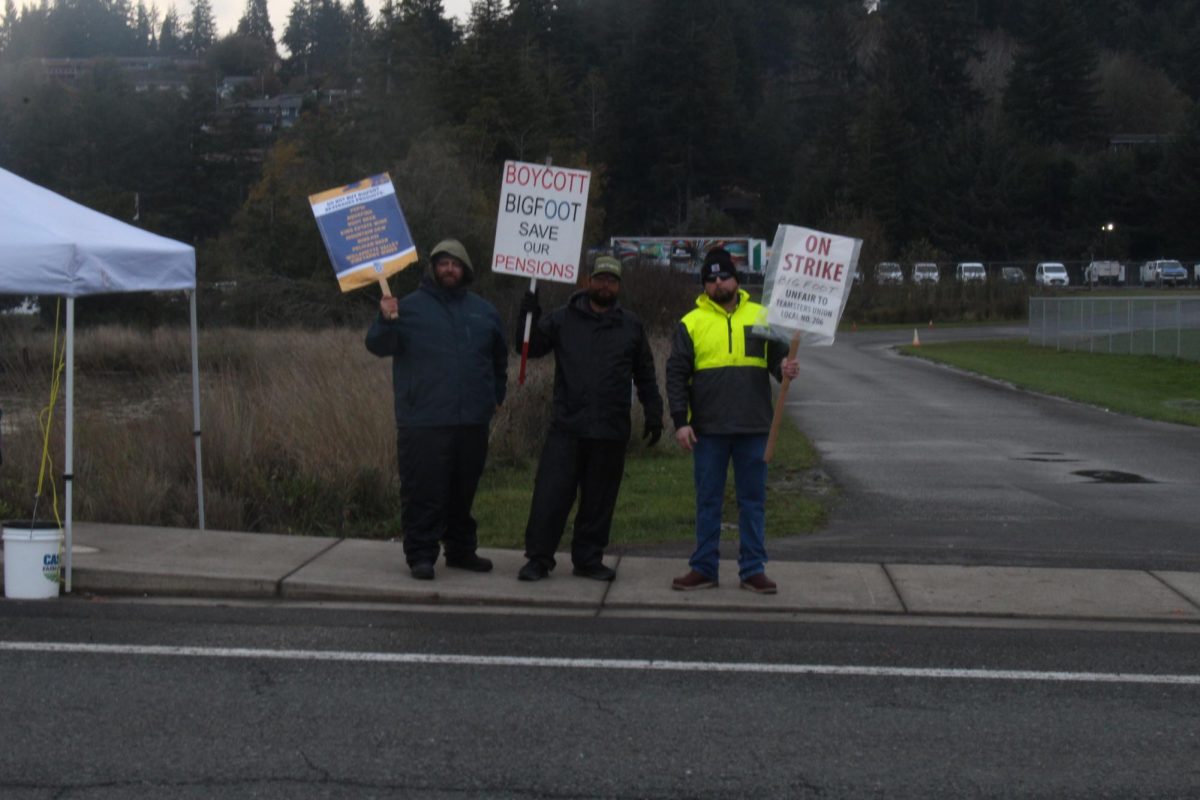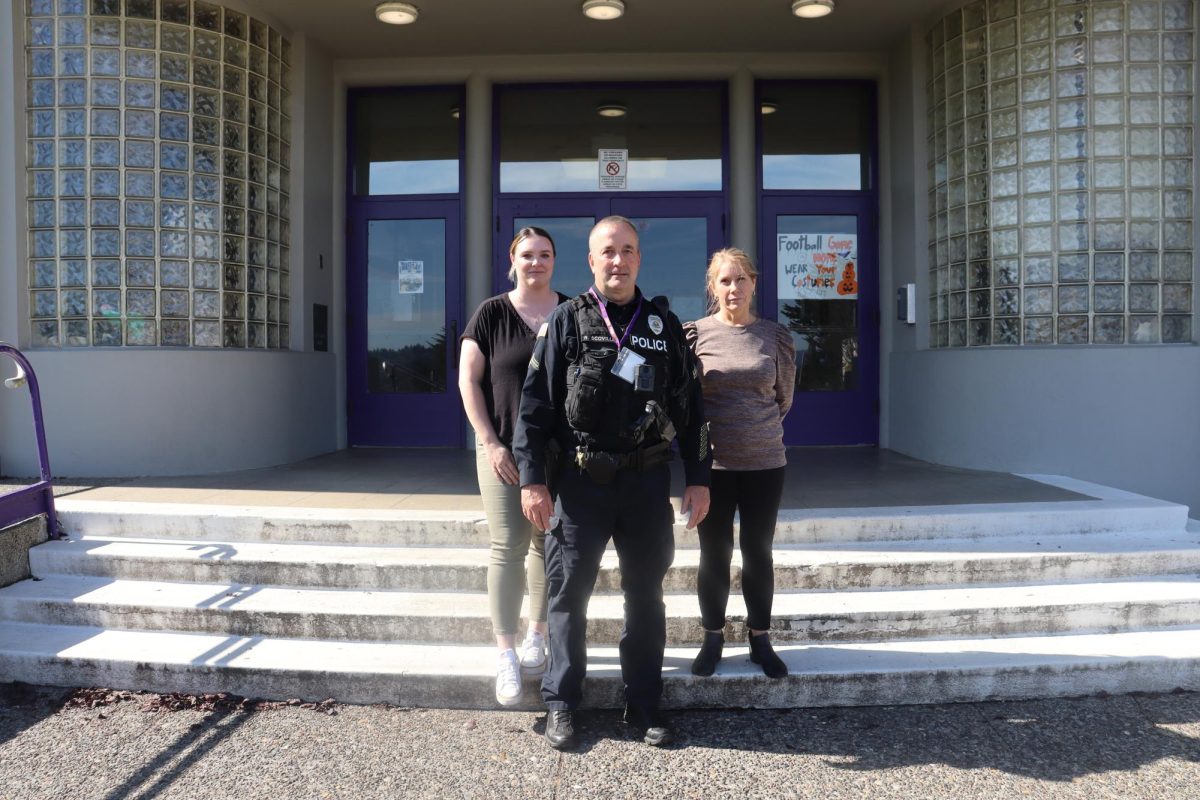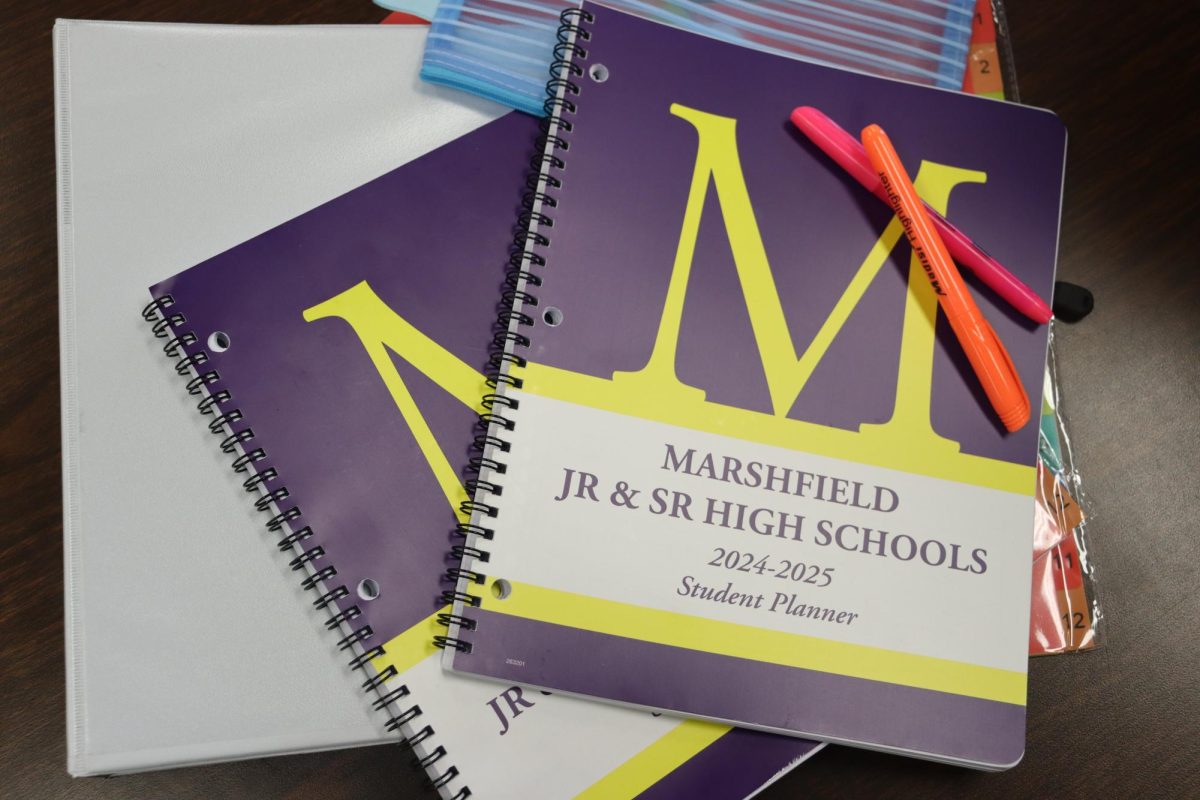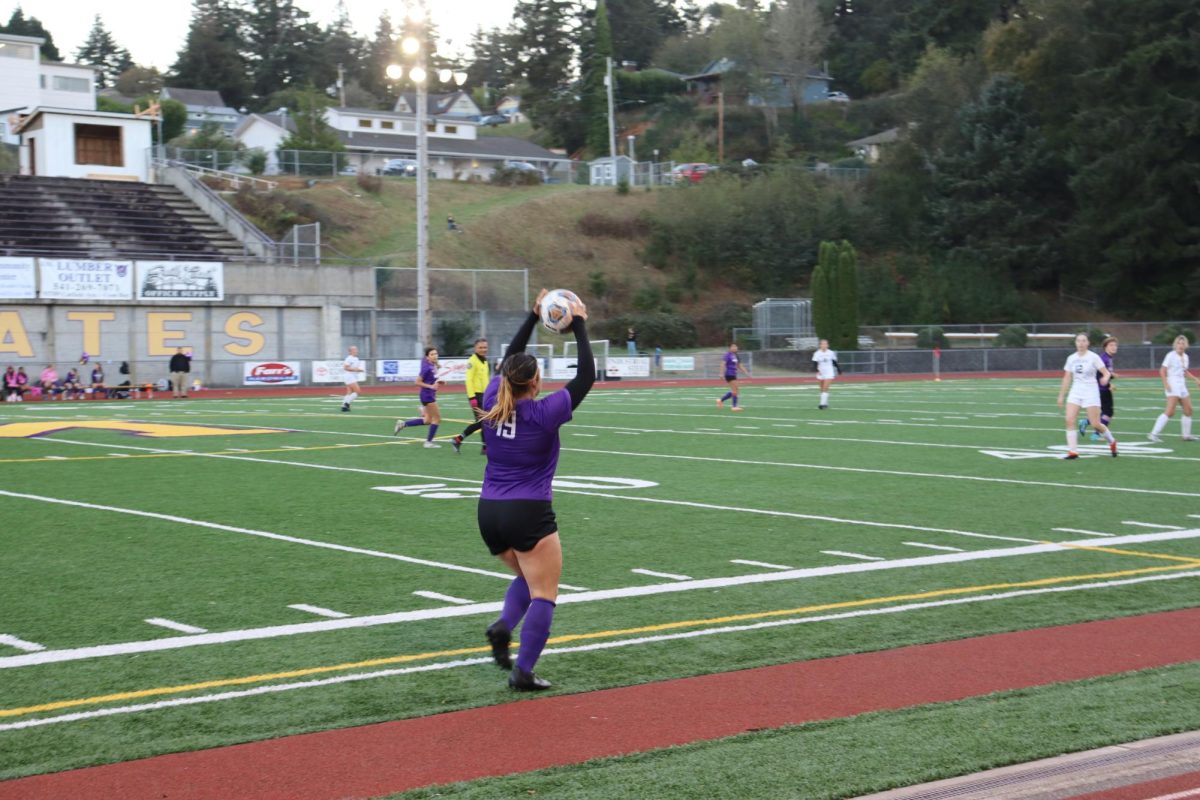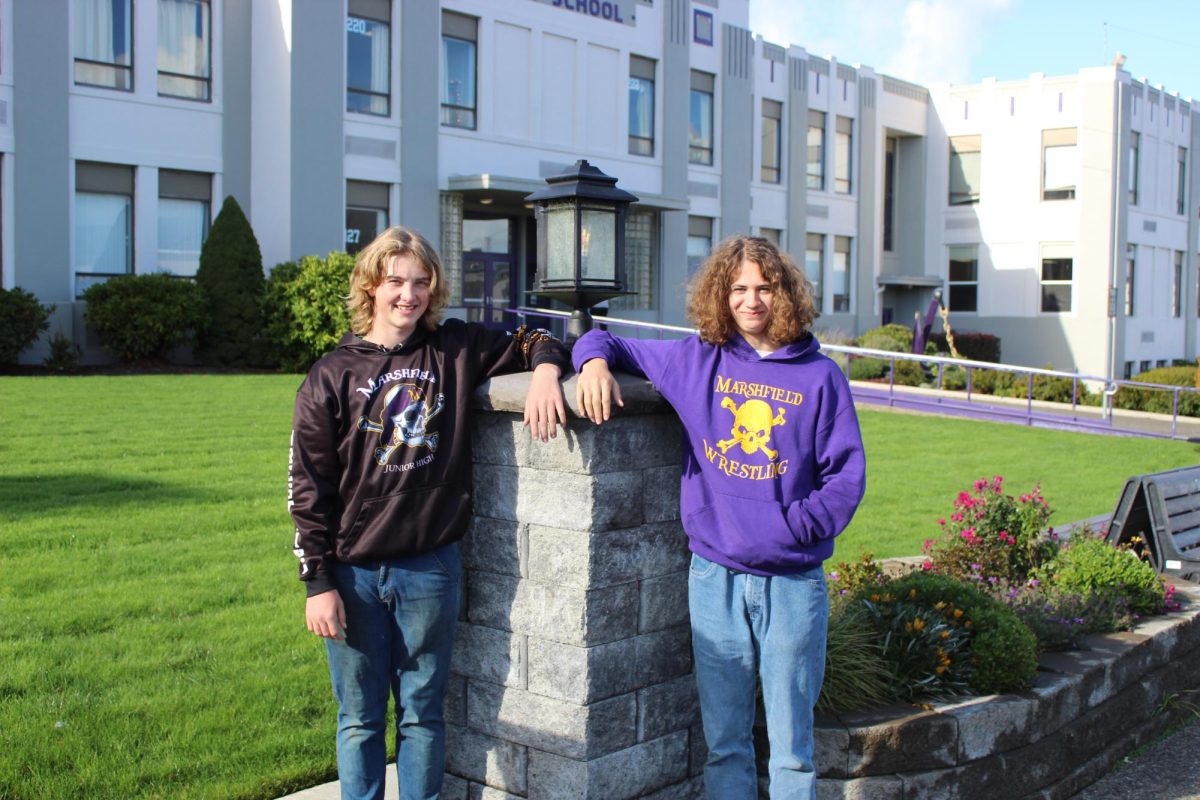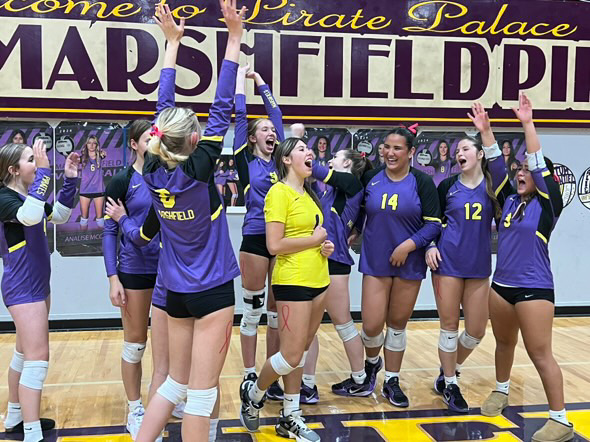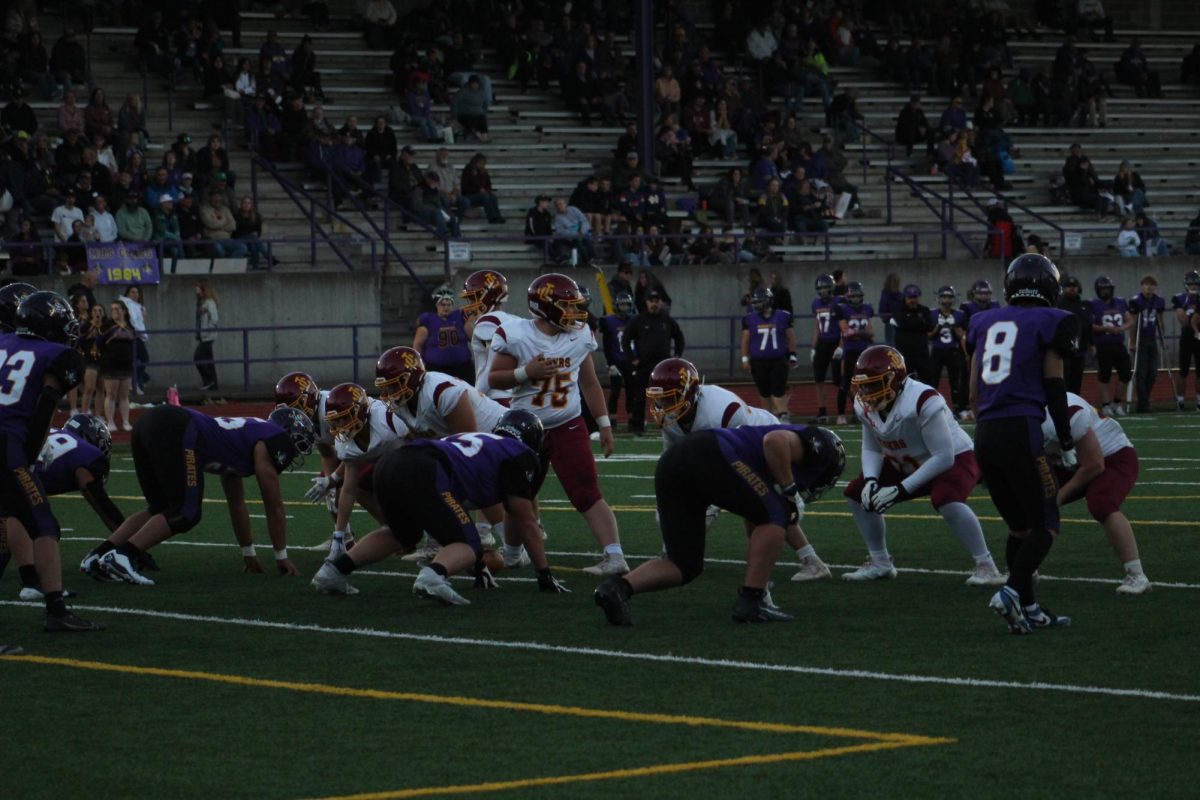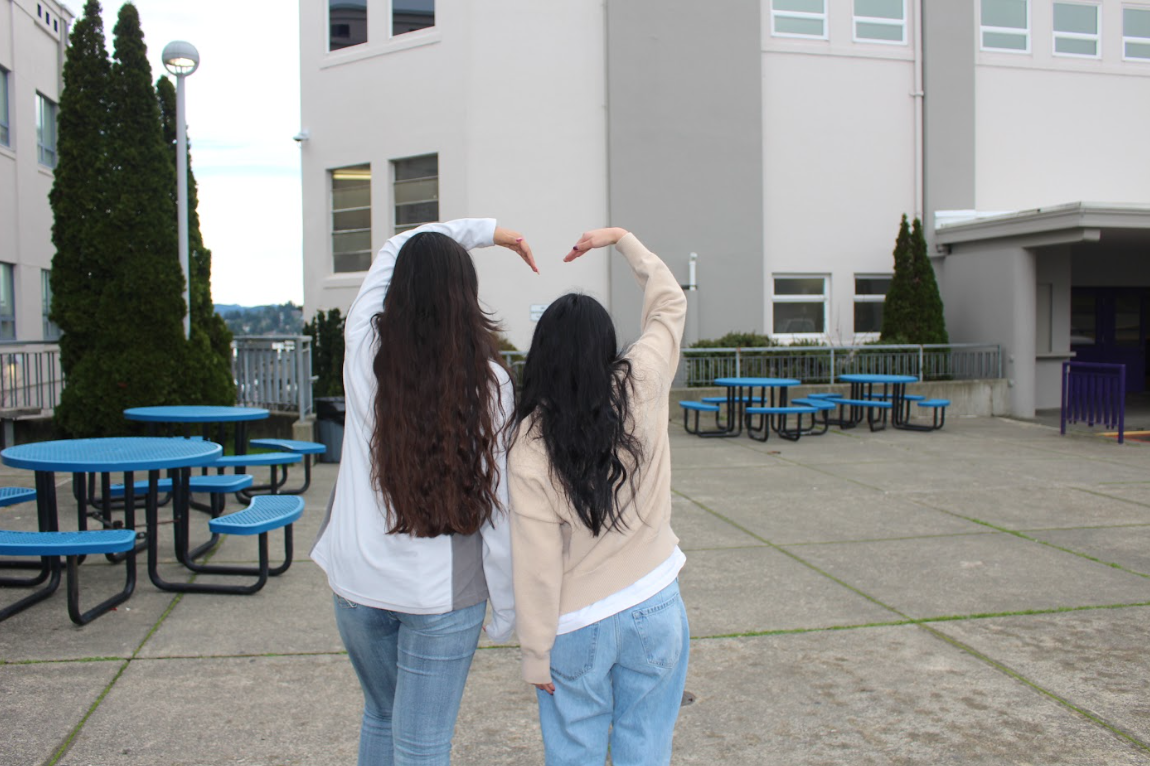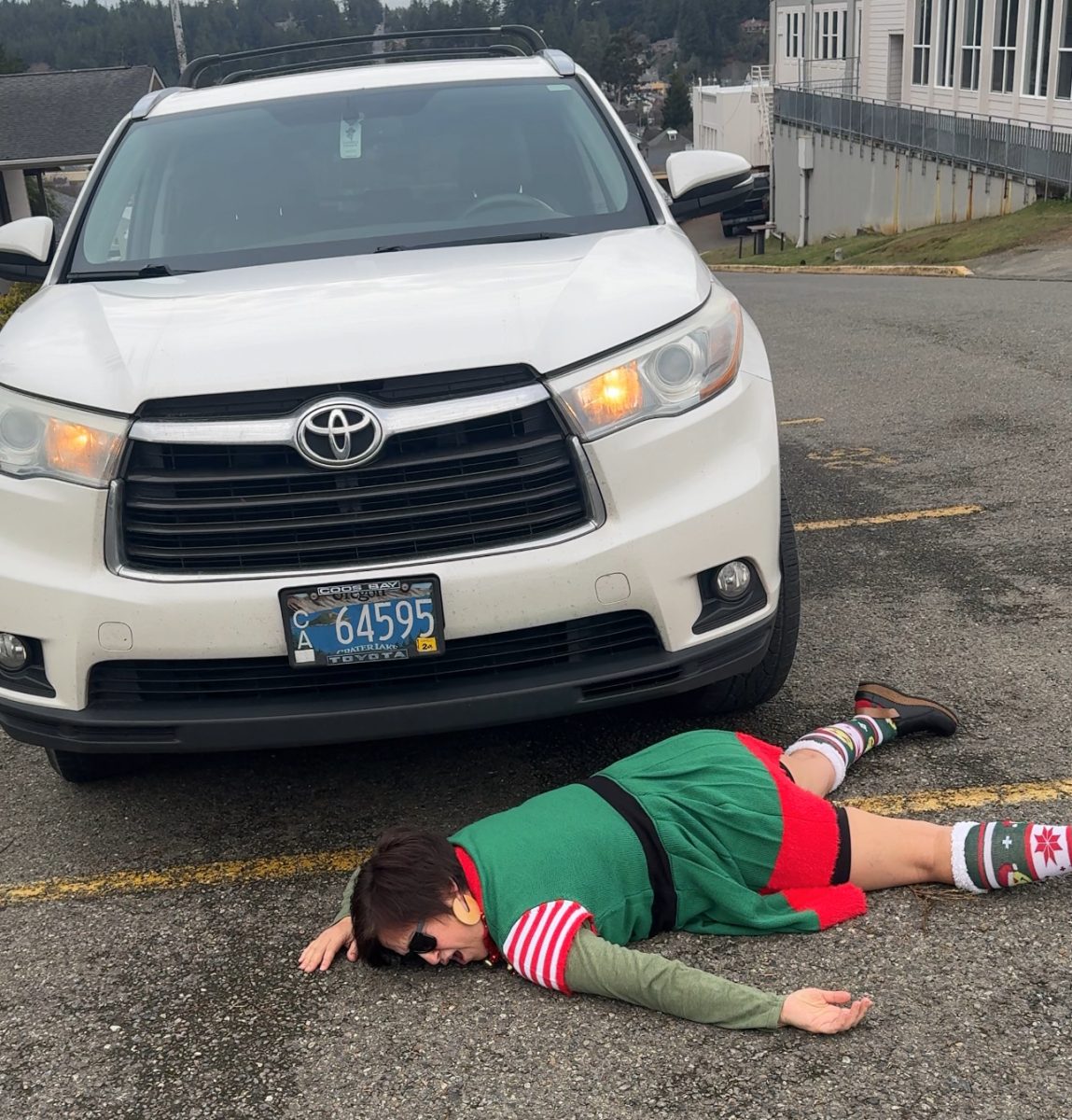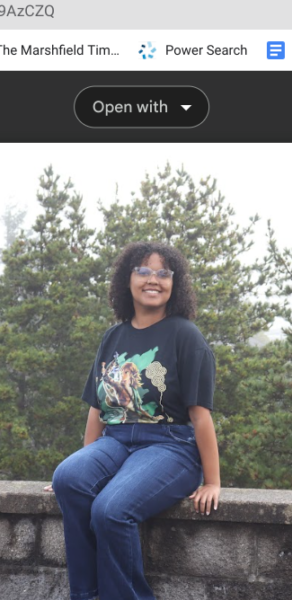Acceptance of interracial relationships has significantly blossomed over the short time it has been legal. Loving v. Virginia was the case that legalized interracial marriage in all states in 1967. Since then and even before then, many people have had relationships outside of their own race. Many faced discrimination still, even though they were legally given the freedom to date or marry whomever they pleased. More recently though, there have been many advocates for inclusion in regards to relationships, as well as racial equality. Interracial couples still face discrimination today, but they are now much more widely accepted.
“Interracial relationships are, at least in America’s history, relatively newly accepted,” says Afton Lewis, a student at Kinnick High School in Japan. “I mean, interracial marriage was only legalized in 1967 and that wasn’t very long ago. So, the whole idea, while much more widely accepted than, for example, same-sex marriages and relationships, is relatively new.”
The landmark case of Loving v. Virginia paved the way for legalizing interracial relationships, but acceptance did not come immediately. This decision opened the door for people to pursue relationships without having to worry about legal repercussions for loving someone of a different race.
“I personally don’t think it matters, at least in my environment, mixed relationships are almost the norm here,” says Ryan Holloway, student at Kinnick High school and Lewis’ boyfriend.
In many places now, interracial relationships are accepted, and even common.
“Well, I do feel like it has changed over time, if we are talking about the wide-scale view of time,” said Lewis. “As aforementioned, interracial marriage was legalized in 1967; back then it was pretty heavily frowned upon, and I feel like we have definitely improved on our acceptance of it since then. Now, people are generally okay with it, and the more time goes by I feel the more increasingly accepting people will be.”
“I’ll ask why,” said Marshfield High School student Nathaniel Kinney. “Why are you doing this? Why are you asking this?” asked Nathaniel Kinney, student at Marshfield High School, when asked about approaching those who attack those in interracial relationships.
Asking people what makes them feel uncomfortable can give them the chance to reflect on how what they’re saying is wrong. While they may still feel strongly against interracial relationships, they still at least can think of not sharing those opinions with others.
“I feel like the way we challenge stereotypes about interracial relationships is that we just ignore them,” says Lewis.
However much time has changed, ideas about interracial relationships have predominantly remained stagnant.


